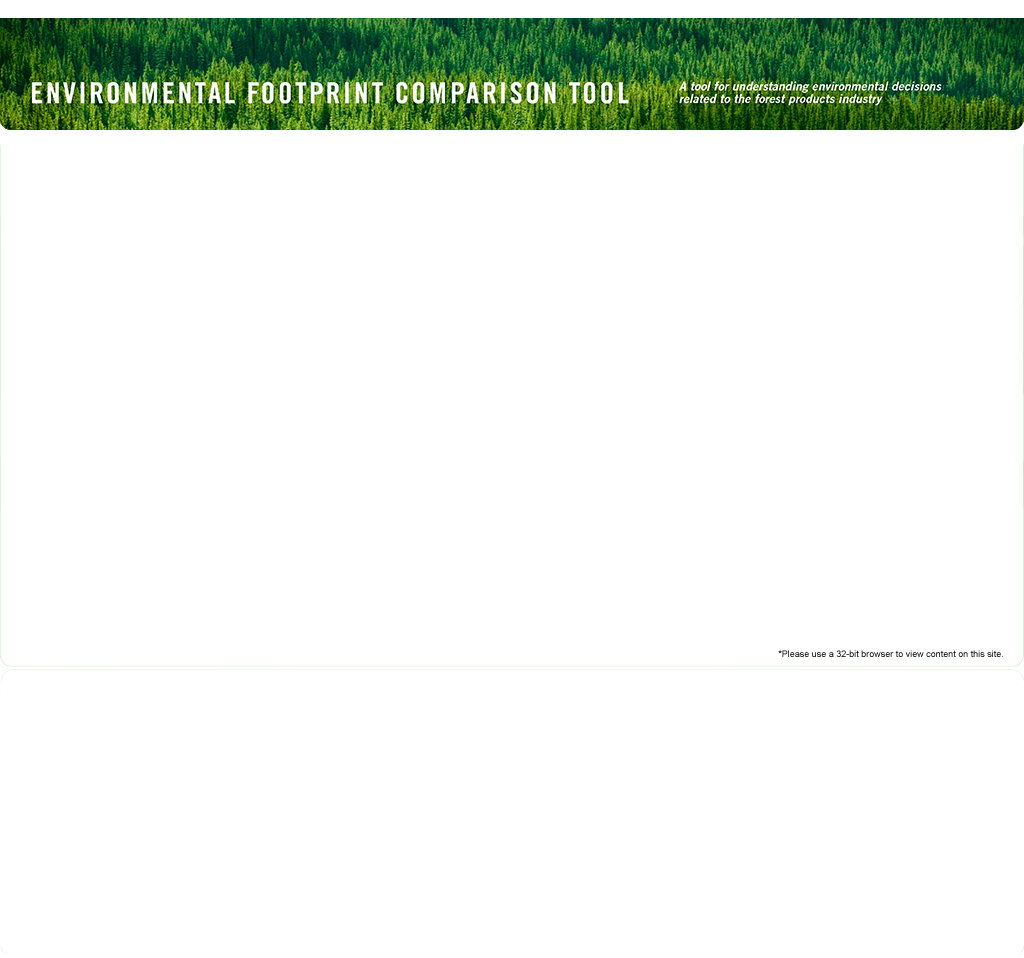- How to use this information
Useful in understanding the broad implications of improving specific measures of environmental performance
- Co-benefits and Trade-offs
Reducing one type of environmental release can affect other releases. These interactions can sometimes result in co-benefits where improvement in one parameter can cause improvement in others. For instance, when you reduce energy consumption by using less fossil fuel, you get co-benefits via reduced greenhouse gas emissions. In other cases, improvements in one area can cause deterioration elsewhere. Combustion units installed to reduce emissions of organic chemicals, for instance, will increase energy consumption and greenhouse gas emissions.
- What does this resource do?
Using this resource, including the footprint decision tool incorporated into each decision area (e.g. water use), you can explore interactions, both co-benefits and trade-offs, between environmental parameters of common interest to the stakeholders of the pulp and paper industry.
- What is ncasi?
The National Council for Air and Stream Improvement is an independent, non-profit research institute that focuses on environmental topics of interest to the forest products industry. Established in 1943, NCASI is recognized as the leading source of reliable data on environmental issues affecting this industry, and has nearly 100 member companies throughout the U.S. and Canada. More information on NCASI is available at http://www.ncasi.org.

Minimizing the environmental footprint from forest products manufacturing requires
understanding the interactions between various parameters.
Manufacturing, recycling
and disposing of paper and wood products entails releases to the environment. When a
company minimizes one of these environmental releases, it may find that, at the same time,
other releases are minimized (co-benefits), or other releases are increased (trade-offs).
|
Environmental decisions therefore become something of a balancing
act, seeking to maximize co-benefits while minimizing trade-offs. The EFCT will
help you understand these sometimes complex interactions that become the scientific
backbone of decisions related to minimizing a company's or a facility's environmental
footprint.
|
